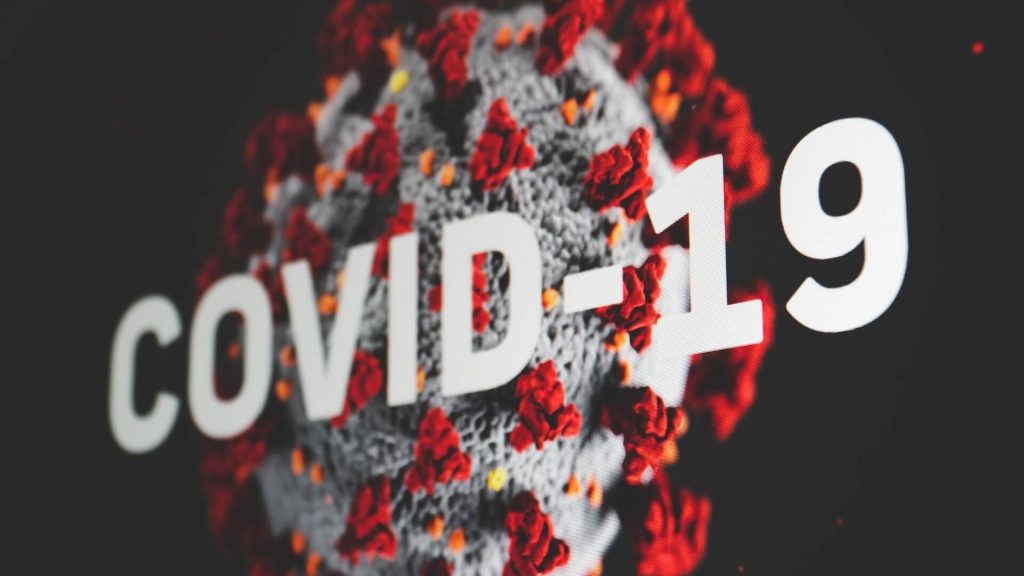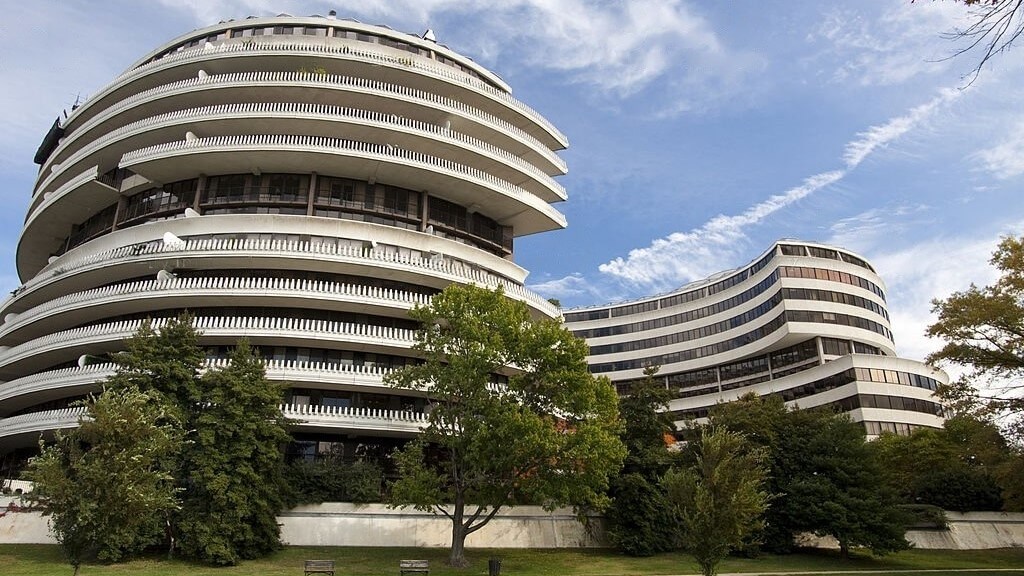Conspiracy theories have long held a fascination for humanity, weaving intricate narratives of hidden agendas and covert operations. From the enduring moon landing hoax to the enigmatic JFK assassination, these theories have left an indelible mark on society’s collective psyche. Yet, what fuels these elaborate narratives, and why do they persist despite evidence to the contrary? In this comprehensive exploration, we will embark on a journey to unveil the intricate origins of popular conspiracy theories, delving deeply into the historical, societal, and psychological factors that breathe life into these captivating tales.
The Historical Roots of Conspiracy Theories

The Illuminati and Freemasons
The conspiracy theories surrounding secret societies, such as the Illuminati and the Freemasons, find their roots in the Enlightenment era. During this period, secret societies did indeed exist and wielded substantial influence, often shrouded in secrecy. This opacity fostered suspicions of covert agendas and manipulation of world events, sowing the seeds for conspiracy theories that persist to this day.
Deconstructing the Moon Landing Hoax
The moon landing hoax theory alleges that the 1969 lunar landing was an elaborate charade staged by NASA and the U.S. government. This theory’s genesis can be traced to the backdrop of the Cold War, where the United States and the Soviet Union engaged in a fierce space race. Skeptics argue that the U.S. government staged the moon landing to assert dominance in this competition, thereby securing a strategic advantage in the global political landscape.
The JFK Assassination
The assassination of President John F. Kennedy in 1963 remains a fertile breeding ground for conspiracy theories. The complex circumstances surrounding JFK’s death, including the enigmatic murder of Lee Harvey Oswald, have given rise to a myriad of theories. Some posit that the U.S. government, the Mafia, or even extraterrestrial forces were involved. These theories took root due to the absence of a definitive explanation and a pervasive distrust of official accounts.
Societal Anxieties and Conspiracy Theories

9/11 and COVID-19
Conspiracy theories tend to flourish amidst periods of crisis and uncertainty. The tragic events of September 11, 2001, spawned a plethora of 9/11 conspiracy theories, with some alleging government complicity. Similarly, the emergence of numerous conspiracy theories during the COVID-19 pandemic can be attributed to the public grappling with the mysterious origins and far-reaching consequences of the virus.
Media Influence and Sensationalism
The media exerts a profound influence in perpetuating conspiracy theories. Sensationalized reporting, the rapid dissemination of unverified information, and the rise of clickbait culture can dramatically bolster the popularity of these beliefs. The relentless 24-hour news cycle, coupled with the ease of sharing information on digital platforms, magnifies the reach of conspiracy theories, often outpacing efforts to debunk them.
Psychological Factors and Belief in Conspiracy Theories

The Power of Confirmation Bias
Confirmation bias, a well-documented cognitive bias, plays a pivotal role in reinforcing belief in conspiracy theories. Individuals tend to actively seek and interpret information that aligns with their existing beliefs, thereby reinforcing their suspicions. Contradictory information is often dismissed, further entrenching their convictions.
The Illusion of Control
The illusion of control is another psychological factor that fuels belief in conspiracy theories. People gravitate toward these theories because they provide a sense of understanding and mastery over chaotic or distressing events. By attributing these occurrences to a hidden hand, individuals regain a semblance of control, even if the explanation lacks empirical evidence.
Government Actions and Conspiracy Theories

Watergate and CIA Plots
Conspiracy theories gain substantial credibility when real government conspiracies come to light. The Watergate scandal, which exposed a cover-up at the highest levels of the U.S. government, contributed to public skepticism and a willingness to entertain alternative narratives. Likewise, revelations about CIA assassination plots heightened suspicions and made individuals more receptive to conspiracy theories as explanations for various events.
The Internet’s Role in Propagating Conspiracy Theories

The Echo Chambers of Online Communities
The internet has fundamentally transformed the landscape of conspiracy theory propagation. Online forums, social media platforms, and dedicated websites provide fertile ground for the dissemination of these beliefs. Individuals can effortlessly find like-minded communities that reinforce their views, creating echo chambers where conspiracy theories flourish and gain momentum.
Conclusion
Unraveling the origins of popular conspiracy theories is a multidimensional journey that necessitates a deep dive into history, psychology, and the intricate dynamics of society. These theories often find their genesis in historical events, societal anxieties, and deep-seated psychological biases. The influence of the media and the internet further amplifies their dissemination. To counter the proliferation of baseless and potentially harmful conspiracy theories, society must prioritize critical thinking, foster media literacy, and encourage open dialogue. By comprehending the genesis of these theories, we take the initial steps toward dismantling the web of deception that envelops them, with the hope that in a world where truth prevails over fiction, society can chart a more informed and enlightened course.
